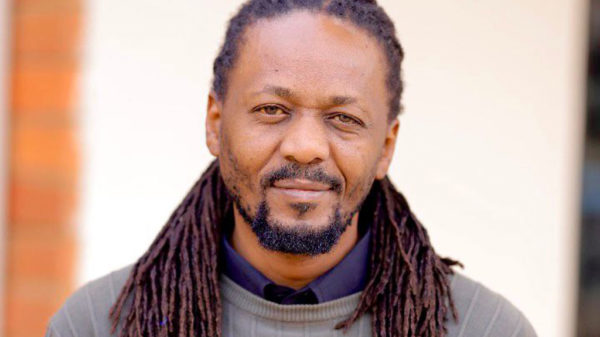THE FUTURE: With more than 320 local FM stations, arguably the highest number in Africa, the radio space in Uganda is crowded, but other than that there is a bigger threat of affordable internet and smartphones in urban centres, which is ridding radio of audiences as more people are embracing podcasts, Spotify or X spaces, writes Tony Mushoborozi
Seventy years ago, in 1954, radio was born in Uganda when the British colonial government set up Uganda Broadcasting Service (UBS). The primary goal of the radio was to support the imperial agenda of the British and silence the pro-independence movement that was taking over the Luganda newspapers for their political mobilisation. The British needed to counter that with their own outlet and UBS was born. The radio service mainly aired re-broadcasts of British Broadcasting Corporation (BBC) news, aimed at serving the government.
When it was renamed Radio Uganda soon after independence in 1962, the radio continued serving as a government mouthpiece, just like Uganda Television (UTV) that would soon be launched one year later, in 1963. Both Radio Uganda and UTV were directly under the Ministry of Information, which employed broadcasters as civil servants. Because of this, Radio Uganda (and UTV) was never an independent channel of information but rather remained a government mouthpiece.
“The concept of public service broadcasting proved difficult to work in Uganda because broadcasters were not protected by law and they were not independent of official interference and, in some cases, coercion.
“From the 1960s through the 1970s up to the early 1980s, the two branches of the national broadcaster, UTV and Radio Uganda, were quintessential symbols of state power, to the extent that none of Uganda’s numerous coups took hold before the plotters secured control, especially of Radio Uganda.
“The national broadcaster was widely viewed as the ultimate voice for state authority. After assuming power in January 1986, the NRM government’s eventual embrace of the IMF and World Bank’s liberalisation policies extended to the broadcasting sector in the early 1990s,” reads in part a research paper by the Open Society Institute Network.
The birth of FM radio
Don’t want to miss out on any story? For updates on all Sqoop stories, follow this link on Telegram: https://t.me/Sqoop





























































